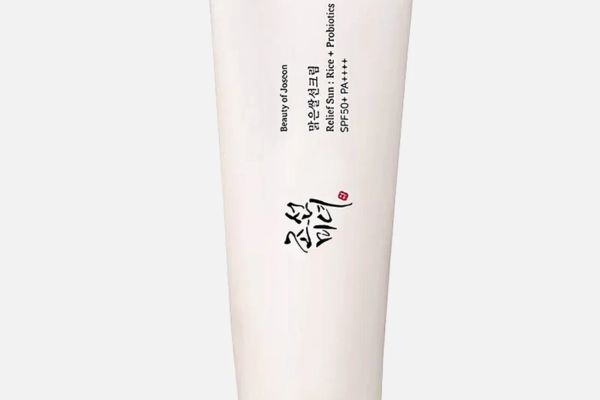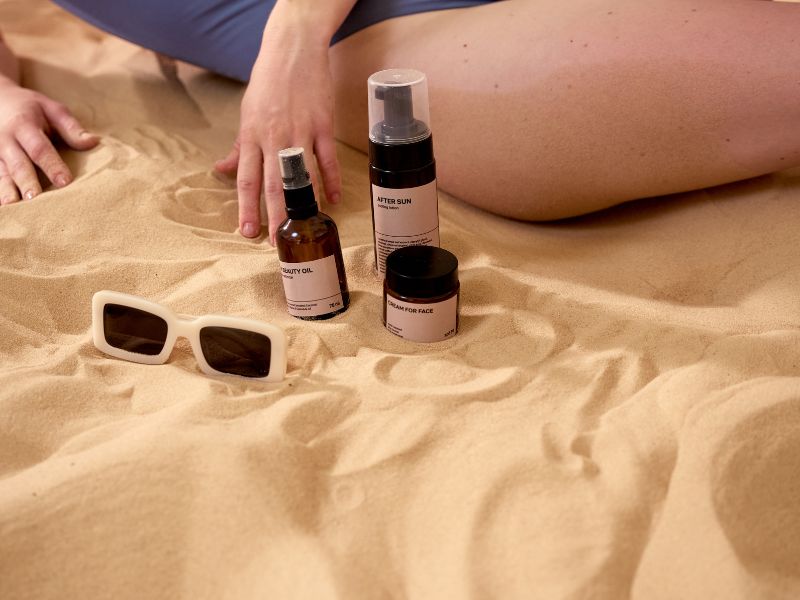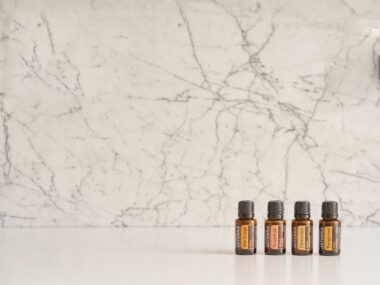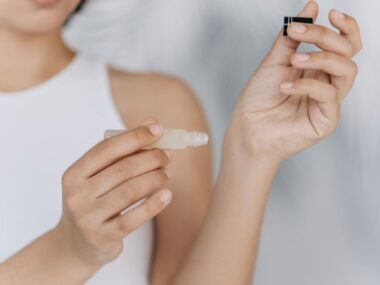Korean skincare has become a go-to for skincare enthusiasts worldwide, and the Beauty of Joseon Relief Sun Rice + Probiotics SPF 50+ PA++++ sunscreen is no exception. With its lightweight texture, hydrating properties, and non-irritating ingredients, this sunscreen has gained attention not just for its protection but also for its potential as a non-comedogenic solution for acne-prone skin. But is the Beauty of Joseon sunscreen truly non-comedogenic? Let’s explore this in-depth to understand if it’s suitable for those with sensitive or acne-prone skin.
Is Beauty Of Joseon Sunscreen Non Comedogenic
“Non-comedogenic” is a term commonly used in skincare to indicate that a product is formulated to avoid clogging pores, which is crucial for individuals with oily or acne-prone skin. Products labeled as non-comedogenic are crafted to minimize the risk of breakouts by excluding heavy oils, thick emollients, or occlusive ingredients that might lead to pore blockages.
However, not all products labeled non-comedogenic are universally effective, as every skin type reacts differently. Thus, understanding if a sunscreen like Beauty of Joseon’s Rice + Probiotics is truly non-comedogenic involves examining its ingredients and suitability for different skin types.
Ingredients in Beauty of Joseon Sunscreen and Their Role
The Beauty of Joseon Relief Sun sunscreen includes several ingredients renowned for their gentle and hydrating properties. Here are some of the key ingredients:
- Rice Extract: Known for its brightening and moisturizing qualities, rice extract is gentle and provides hydration without weighing down the skin. It also offers antioxidant properties, helping to protect skin from environmental stressors.
- Probiotics (Lactobacillus Ferment): Probiotics are included for their ability to strengthen the skin barrier and support a healthy microbiome. They help soothe inflammation, making them suitable for sensitive skin types prone to irritation.
- Niacinamide: A form of Vitamin B3, niacinamide helps regulate oil production, improve skin texture, and brighten dark spots. It’s well-known for being non-comedogenic and is safe for acne-prone skin.
- UV Filters (Chemical Sunscreen): The product uses chemical filters like Uvinul A Plus and Uvinul T 150 for UV protection. These filters are known to be lightweight and generally don’t clog pores, making them a preferred choice for oily and combination skin types.
This combination of lightweight, hydrating, and skin-friendly ingredients supports the claim that Beauty of Joseon’s sunscreen is non-comedogenic.
Testing for Non-Comedogenic Properties
While the term “non-comedogenic” is often used, there is no universal test or governing body that certifies products as non-comedogenic. Generally, companies conduct patch tests on individuals with various skin types to assess whether the product clogs pores. In the case of Beauty of Joseon sunscreen, there is ample anecdotal evidence and consumer feedback suggesting that it is unlikely to cause breakouts. However, individuals with extremely sensitive or acne-prone skin may still want to perform a patch test to ensure compatibility.
Benefits of Using Non-Comedogenic Sunscreens for Acne-Prone Skin
For individuals with acne-prone or oily skin, choosing a non-comedogenic sunscreen is essential for preventing clogged pores and subsequent breakouts. Here are some benefits of non-comedogenic sunscreens:
- Prevents Breakouts: Non-comedogenic sunscreens like Beauty of Joseon aim to provide sun protection without causing additional acne, making them ideal for everyday use.
- Allows for Skin Breathability: These sunscreens don’t form a thick barrier over pores, allowing skin to breathe and reducing the risk of clogged pores.
- Maintains Skin Balance: Non-comedogenic sunscreens often include hydrating ingredients that prevent excessive oil production, maintaining a balanced skin appearance without shine.
Is Beauty of Joseon Sunscreen Truly Non-Comedogenic?
A quick survey of reviews from users with acne-prone and sensitive skin provides positive feedback for Beauty of Joseon sunscreen. Many users appreciate its lightweight texture, quick absorption, and ability to layer under makeup without causing breakouts. Here’s a summary of user experiences:
- Lightweight Feel: Many users note that the sunscreen feels light on the skin, which makes it ideal for those who dislike heavy products.
- No Greasy Residue: Unlike some sunscreens that leave a greasy or shiny finish, the Beauty of Joseon sunscreen absorbs well, leaving a natural glow.
- Non-Irritating: For sensitive and acne-prone users, irritation can be a significant concern, and many users appreciate that this sunscreen doesn’t cause redness or irritation, even with prolonged use.
How to Use Beauty of Joseon Sunscreen for Best Results
For those interested in trying Beauty of Joseon’s sunscreen, incorporating it properly into your skincare routine can enhance its effectiveness. Here are some application tips:
- Apply Generously: Use enough product to cover the face and neck thoroughly, as this ensures full sun protection.
- Layer with Other Skincare: This sunscreen layers well over serums and moisturizers, making it an ideal last step in your morning routine.
- Reapply Throughout the Day: To maintain protection, reapply every two hours, especially if you’re exposed to sunlight for prolonged periods.
Comparing the Beauty of Joseon Sunscreen with Other Non-Comedogenic Sunscreens
Several other non-comedogenic sunscreens are available, but how does Beauty of Joseon compare? Here’s a quick comparison:
- Beauty of Joseon vs. La Roche-Posay Anthelios: While La Roche-Posay is known for its lightweight texture, Beauty of Joseon has a unique blend of rice and probiotics, offering additional skin benefits.
- Beauty of Joseon vs. COSRX Aloe Soothing Sun Cream: Both are Korean sunscreens with hydrating properties, but the Beauty of Joseon may appeal more to those who prefer a dewier finish.
Potential Downsides of Beauty of Joseon Sunscreen
Despite its popularity, no product is universally perfect. Here are some potential concerns to consider:
- Chemical Filters: Some individuals may prefer mineral sunscreens due to the potential for skin irritation with chemical filters, though Beauty of Joseon’s chemical filters are generally well-tolerated.
- Limited Availability: Since Beauty of Joseon is a Korean brand, availability may vary by location, and users may have to order online.
- Patch Test Recommendation: For extremely sensitive or acne-prone skin types, a patch test can help rule out individual reactions.
Conclusion
The Beauty of Joseon Relief Sun Rice + Probiotics sunscreen has garnered a solid reputation among users with sensitive and acne-prone skin, and it largely meets the criteria for a non-comedogenic sunscreen. Its lightweight, hydrating formula with rice extract, probiotics, and niacinamide makes it an excellent choice for those looking to avoid clogged pores and maintain a balanced skin barrier. While individual reactions may vary, its ingredient profile and consumer feedback indicate that it’s a safe choice for many skin types.
Whether you’re dealing with oily, sensitive, or combination skin, Beauty of Joseon sunscreen offers a promising option for sun protection without sacrificing skin health. With its blend of gentle yet effective ingredients, it stands out as a beneficial addition to any skincare routine focused on achieving radiant and blemish-free skin.






